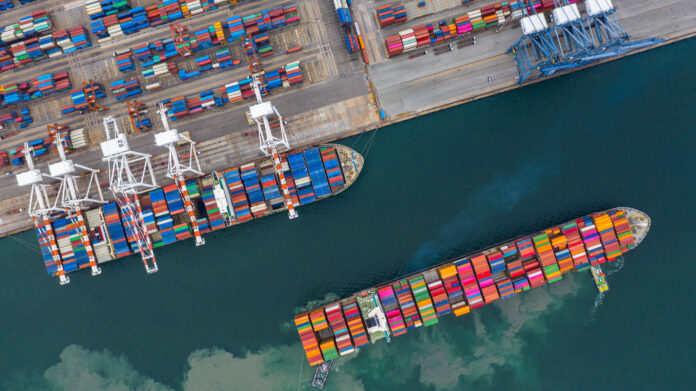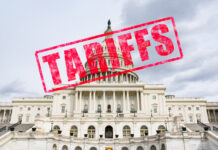
Katherine Tai was confirmed today as U.S. Trade Representative (USTR) by a 98-0 vote.
Ambassador Tai enters the role amid numerous swirling debates and with a long to-do list. Here are a few key early items on the list:
- Section 301 China Tariff Exclusions: Most exclusions expired at the end of the year, and exclusions related to COVID response were extended to September. Ambassador Tai faces an early decision point on what to do with expired and expiring exclusions, and a longer-term debate on if she will restart the overall exclusion process. MBS has been active in garnering congressional support on both of these topics.
- China Policy: The Biden Administration has promised a whole-of-government approach to China policy, which means Ambassador Tai enters vigorous debates not just on the Section 301 China tariffs but areas where USTR plays a supporting role too. This includes forced labor, human rights, high-tech and PPE supply chains, steel and aluminum overcapacity, and defense among others. MBS will be monitoring developments on all these fronts closely.
- Boeing-Airbus WTO Dispute: The US, EU, and UK paused their retaliatory tariffs until July in this long-running WTO dispute so that the three sides can negotiate a solution. However, it’s a short timeframe on an entrenched debate, and Ambassador Tai is a tough negotiator. Looming over the negotiations is the next carousel of the US tariffs, which is due in August. MBS is tracking these negotiations closely as an early bellwether in US-EU and US-UK cooperation.
- Expired Trade Programs: The Generalized System of Preferences (GSP) and the Miscellaneous Tariff Bill (MTB) expired at the end of 2020. Coming out of Congress, Ambassador Tai will want to play a role in negotiating reauthorizations for these bills. MBS is working with partners in Congress to advocate for a quick reauthorization and retroactive relief for tariffs paid during the expiration.
Tai is sure to play a role in other debates await as well. This includes traditional USTR responsibilities, such as the ongoing trade agreement enforcement, US-UK and US-Kenya trade negotiations, WTO reform, and Trade Promotion Authority reauthorization. But as with China policy, USTR will also play a supporting role on issues like the steel and aluminum tariffs, digital services taxes, climate change, and currency manipulation.
Ambassador Tai clearly enjoys strong support. However, her biggest challenge arguably will be to balance high expectations with limited bandwidth and a long laundry list of things that are easier said than done.
If you have any specific questions about Ambassador Tai’s confirmation or further analysis of what might be on the horizon, please contact Mike Dankler on the MBS team at mldankler@michaelbeststrategies.com or 202-595-7924.





